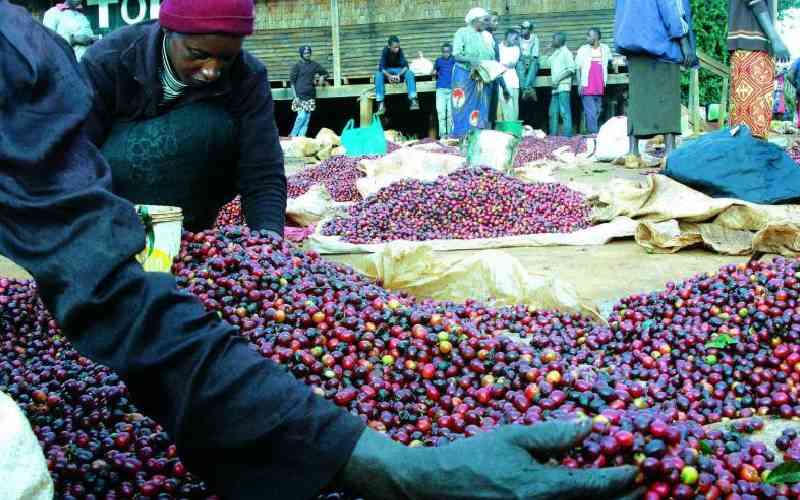×
The Standard e-Paper
Kenya’s Boldest Voice

In a bid to scale up efforts to combat climate change, Kenya has embarked on a new strategy involving greening her trade and consumption with focus on tea and coffee sectors.
This is after it emerged that some trading practices within the value chain significantly contribute to environmental degradation as several studies reveal the extent of the sector's impact on climate.







